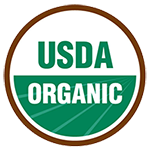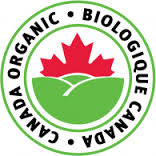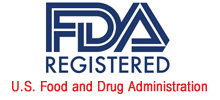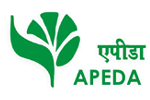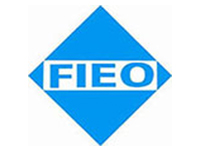Description
Cottonseed hulls are the outer coverings of cotton seeds, and the by-products of the dehulling necessary for cottonseed oil extraction. After removing the lint, the hulls are separated from the kernel by screening. Cottonseed hulls are a fibrous product, primarily used to feed ruminants . Cottonseed hulls are fed as a bulk feed, or pelleted. They are sometimes mixed with cottonseed meal to create a higher density product that is easier to transport and handle ). Cottonseed hulls are one of the best roughages used to add bulk to diets rich in protein and energy, in order to reduce digestive upsets in ruminants . Cottonseed hulls are a valuable substrate for mushroom cultivation and the spent substrate can be fed to livestock. Cottonseed hulls also have numerous industrial uses such as plastic manufacture, oil drilling (mud additive) and furfural production (a solvent used in plastic and synthetic rubber production and in petroleum refining) (
Distribution
Cottonseed hulls are available at the mill producing cottonseed oil and cottonseed meal. Due to their low density, they may be difficult to transport and are thus confined to a fairly restricted market radius They can be mixed with cottonseed meal. In the USA, the use of cottonseed hulls in pellets increased in the late 1990s ). The demand for hulls and, therefore, the prices vary considerably with changes in the availability of other roughages
Environmental impact

